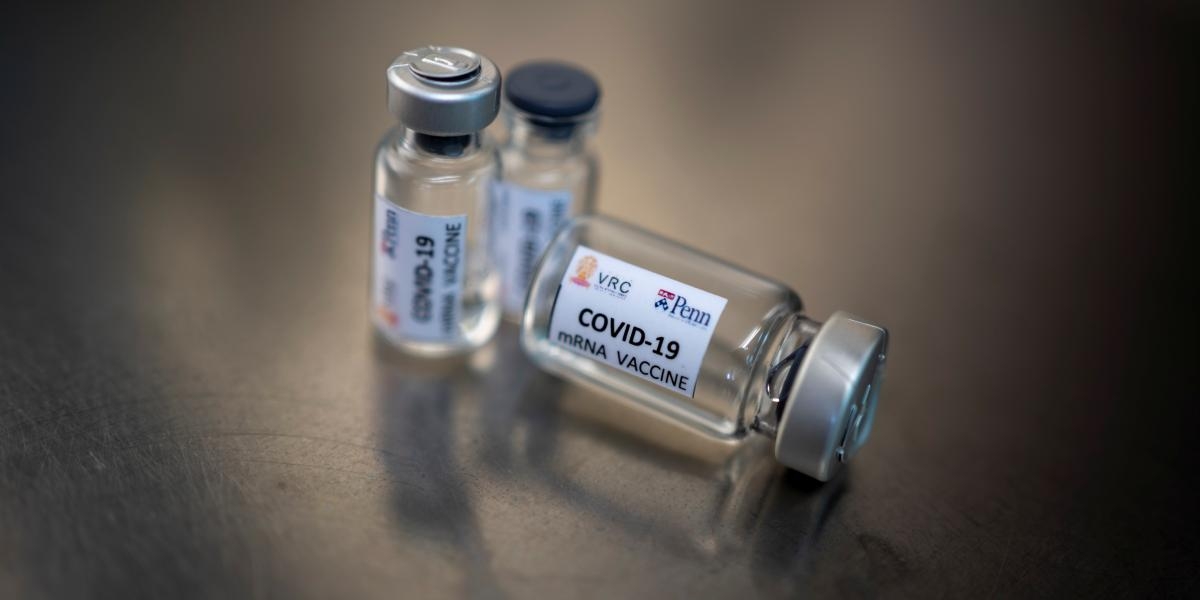A significant development in immunology and vaccine technology is represented by mRNA vaccines. In contrast to conventional vaccinations, which frequently employ inactivated or weakened viruses to elicit an immune response, mRNA vaccines take a different tack by directing cells to create a virus-derived protein. By doing this, the immune system is prepared to identify and fight the virus itself in the future.
The fundamental idea underlying mRNA vaccines is rather simple. A kind of genetic material called messenger RNA (mRNA) is responsible for transmitting instructions from DNA to the cell’s machinery for producing proteins. Synthetic mRNA is utilized in mRNA vaccinations to encode a particular viral protein. For example, Pfizer-BioNTech and Moderna’s COVID-19 mRNA vaccines encode the SARS-CoV-2 virus’s spike protein, which is essential to the virus’s capacity to infect human cells.
The vaccine’s mRNA vaccines enters the cells after administration and instructs them to manufacture the spike protein. After that, this protein is seen on the cell surface, where the immune system recognizes it as an alien material. This exposure triggers an immune response that contributes to the development of immunity against the virus itself. In the event that the immunized person is subsequently exposed to SARS-CoV-2, their immune system will be able to identify and react to the virus fast, protecting them from COVID-19.
Rapid development and manufacturing of mRNA vaccines is one of their main benefits. Because massive quantities of virus must be cultivated and inactivated, traditional vaccine production sometimes takes years. By contrast, since mRNA vaccines simply need the genetic sequence of the virus to be known, they may be developed and manufactured far more quickly. This quickness was especially important during the COVID-19 pandemic because it made it possible to respond quickly to a new and quickly spreading virus.
The possibility for flexibility of mRNA vaccines is another advantage. It is quite simple to adapt the technology to handle novel viral strains or even whole other diseases. Because of their adaptability, mRNA vaccines offer a viable foundation for future vaccinations against a variety of infectious illnesses and maybe even cancer.
Notwithstanding their benefits, mRNA vaccines present several difficulties. Distribution might be made more difficult by their strict storage requirements, which frequently include extremely low temperatures, particularly in environments with limited resources. Furthermore, as mRNA vaccines are a novel technology, research is still being done to completely understand their long-term safety and effectiveness.
All things considered, mRNA vaccines provide quick development, flexibility, and potentially high efficiency, marking a substantial advancement in vaccine science. mRNA vaccines are expected to have a significant impact on public health in the future by preventing a broad range of illnesses as research and development proceed.


